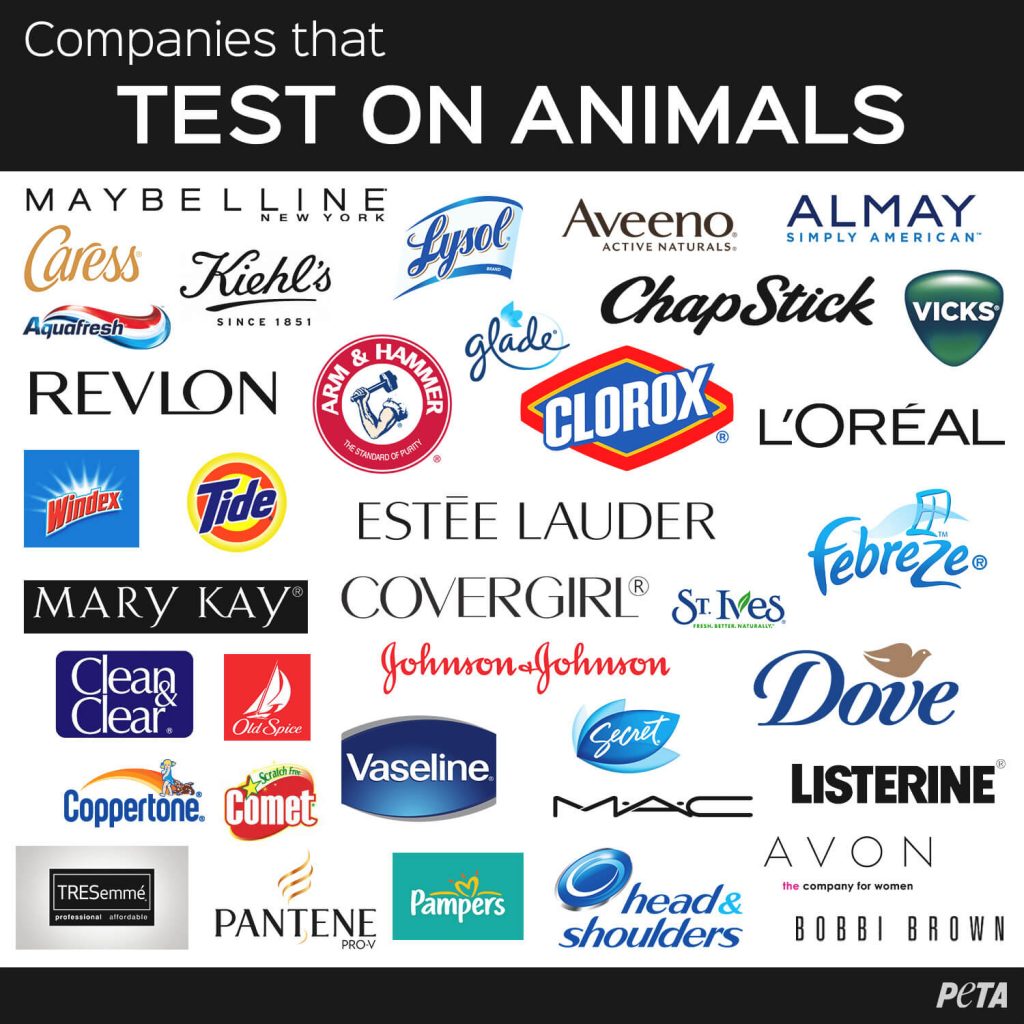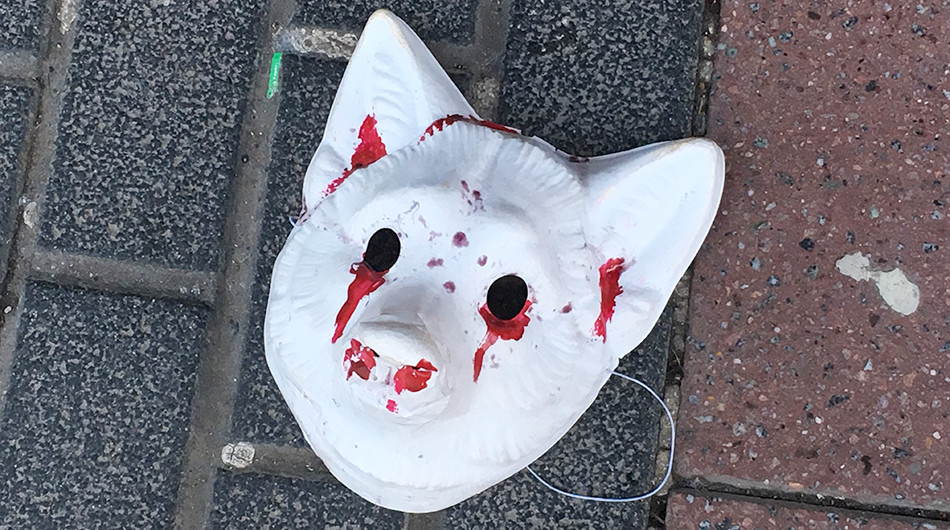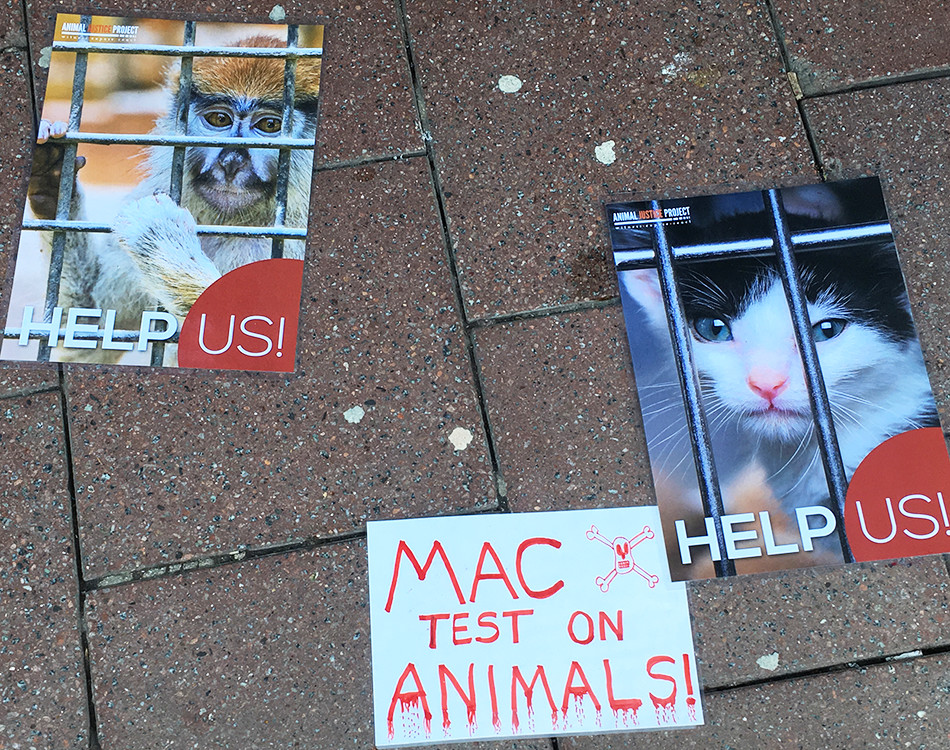Vegan activists in Cardiff host a campaign outside M.A.C against big brands which use animals to test their products.
Protesters gathered on the streets of Cardiff last weekend to raise awareness on the continued use of animal testing by major international cosmetics’ companies.
Cardiff Vegan Action campaigners gathered outside Boots on Queen Street last Saturday after recent statistics from the Humane Society showing that 200,000 animals are used to cosmetics testing internationally each year.
Charlotte Tidy, one of the main organizers of the campaign said: “It is 2017 now, while animals are still being bred into a life of confinement and severe cruelty just for a bit of makeup, our demonstration aims to tell M.A.C to stop supporting animals testing for cosmetics.”
According to Human society international, Approximately 200,000 animals suffer and die just for cosmetics testing every year all over the world.
The statistics released by Peta shows that more than 400 cosmetics companies manufacturing products that are tested on animals at some stage of the development, including big brands, such as Bobbi Brown, L’Oréal, M.A.C and Anna Sui.

Anti-animal testing activists want large cosmetic companies to put pressure on countries where animal testing is legal, for example China.
In March 2013, a new European Union (EU) law has implemented that it is illegal to sell animal-tested cosmetics in EU countries, even if the testing was done outside these EU countries, while the tricky is that making up companies can continue to test cosmetics on animals outside EU companies and export them for other countries.
“It is an ongoing campaign to fight for cruelty-free and the problem is intractable, we do not limit people’s choice, what we want is to raise people’s awareness on this issue,” says Charlotte Tidy.

Animal tests for cosmetics mainly include skin and eye irritation tests, for example, chemicals are rubbed onto the shaved skin or dripped into the eyes of rabbits. Animals are suffering from considerable pain, organ damage, birth defects, convulsion and even death during the experiments.
“There are alternatives over there, instead of testing on animal. Such as using the ingredients with long history of safe use which back up with existing safety data. Or using a growing number of advanced non-animal safety tests that can better predict how humans will react to chemicals,” adds Charlotte.
.embed-container { position: relative; padding-bottom: 56.25%; height: 0; overflow: hidden; max-width: 100%; } .embed-container iframe, .embed-container object, .embed-container embed { position: absolute; top: 0; left: 0; width: 100%; height: 100%; }

